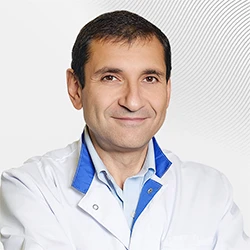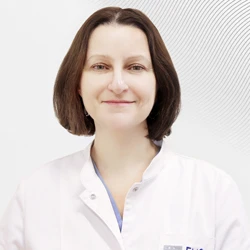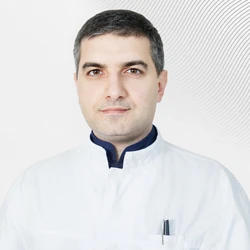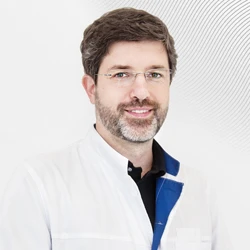08.04.2010
Leonid Pechatnikov, Professor, Honored Doctor of the Russian Federation, Director of the Medical Department and Doping Control of the XXII Olympic and XI Paralympic Games in Sochi 2014, has been appointed President of the European Medical Center. He will combine this post with his work as the Chief Physician of a network of clinics. As President, Leonid Pechatnikov will carry out the strategic management of the Company's business.
Leonid Pechatnikov was born in 1956 in Moscow. In 1979 he graduated from the First Moscow Medical Institute.Sechenov University, where he completed his residency in internal Medicine in 1981. From 1981 to 1987, he worked as an associate professor at the Military Medical Faculty at the Central Medical Institute. Until 1994, he worked as Chief Internist at the Central Republican Clinical Hospital of the Ministry of Health of the RSFSR, and from 1994 to 2001 he served as Chief Internist at the Medical and Diagnostic Association of the Ministry of Health of the Russian Federation, from where he joined the KGB No. 67 in Moscow, where he was Chief Internist until 2004. In 2004, he started working at the European Medical Center as the Chief Physician.
In parallel with his medical practice, Leonid Pechatnikov was engaged in teaching – he taught a number of courses at the Russian State Medical University, Leonardo da Vinci University (Paris, France), the Moscow Institute of Physics and Technology, where he was one of the founders of the Department of Mathematical Modeling in Healthcare and Medicine at the Faculty of Applied Mathematics. He was awarded the medal "Defender of Free Russia".
Leonid Pechatnikov, President and Chief Physician of the European Medical Center: "The strategic objective of the European Medical Center is to integrate international standards of medical care into the domestic medical services market. Currently, our clinics employ highly qualified specialists from six countries around the world. Their knowledge, combined with the experience of leading Russian specialists, has helped create clinics unique to Russia, whose services match the level of Europe's leading medical centers."
Was this information helpful?
Questions and answers
Рancreatic cancer
My wife of 64 years was diagnosed with pancreatic cancer in the autumn of 2014. Stage 4 was concluded. Surgery is impossible. There is a massive thrombosis. Three biopsies were carried out. A benign tumor was revealed. She lost a lot of weight. An episode of severe pain took place about one month ago. Currently, a
significant problem is the ascites, swollen legs; food is poorly digested, general discomfort. What can you recommend? Is it necessary to remove the fluid and what might be the consequences?
...more The picture you described is consisted with the concept of "metastatic ascites". Laparocentesis is appropriate as a therapeutic and diagnostic approach. Given the negative cytology, it is likely that the patient has a neoplastic disease of the colon, ovaries or stomach. Our experts will hold a consultation on the
same day and perform the procedure to verify the diagnosis and consider the possibilities of palliative treatment.
...more 
Pavel Koposov
07 September 2016
Break iafter the last course of chemotherapy
Why a break is necessary after the last course of chemotherapy?
In cases where chemotherapy is not enough effective, some cells of the tumor does not die as a result of exposure and only slow down their biological processes temporarily, so they do not accumulate diagnostic radiopharmaceutical that can lead to a false negative result. After 2-3 weeks, tumor cells return to their
normal state and can be seen at the PET/CT scan. Thus, the break after the last course of chemotherapy should be done in order to obtain reliable results of the quality of treatment.
...more
Radiation therapy for prostate cancer
What to expect during radiation therapy for prostate cancer?
The procedure of external radiotherapy is similar to conventional x-ray examination. Radiation is invisible, has no smell and gives no sensations, side effects do not appear until 2nd or 3rd week of treatment.
Radiotherapy for prostate cancer is a local treatment; therefore, you may experience some side effects
only in those parts of the body that are exposed.
...more
Сhronic nonspecific spondylitis
Can we go to your center in the following case: the patient born in 1955. Diagnosis: chronic nonspecific spondylitis T7-T9. A state after interbody fusion T7-T9 with autologous bone. Brown-Sequard's syndrome. Right thoracotomy with interbody fusion using autotransplantation (resected rib) was done in 2010, no bone
block formed during the postoperative period. Transpedicular fixation T 5-6-10-11 was also done in November 2010. There was a primary healing on the wound as a result of treatment. He was able to sit and stand as well as stay in upright position up to 2-3 hours. At the moment, mobility is restored, able to walk and sit. But pain is still present. Can we expect further surgical treatment and rehabilitation at your center?
...more
In this case surgical care rendered fully, but it is hard to say more without images. If pain is still present, it is necessary to look for the cause of this, but it may be in the early postoperative period. You can contact us for a consultation to clarify the nature of the disease.
MRI or CT scan
Please tell me what kind of examination is better in case of head injury - an MRI or CT scan. I have hit my head in June this year, and now I feel a discomfort at the site of the injury sometimes (there in no acute pain)?
CT has advantages in the visualization of bone structures. MRI is better for soft structures imaging, including the brain substance. According to the description, the intracranial structures damage is unlikely. Why CT or MRI? An ultrasound of soft tissues in the area of injury is also applicable. The pain in the
scull can also be associated with vessel, for example, cranial arteritis, or lymphadenitis, or muscle/enthesis, and then you might need certain blood tests. And maybe these tests are not required. I would recommend you to see the doctor and let him assess the case; he will take a decision concerning following examination as a result of consultation.
...more 




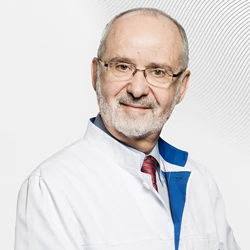
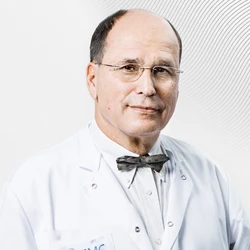
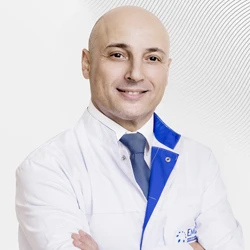
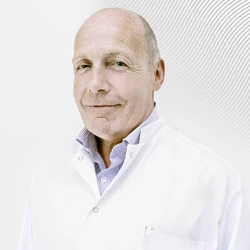
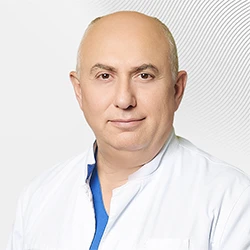
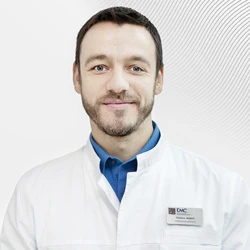
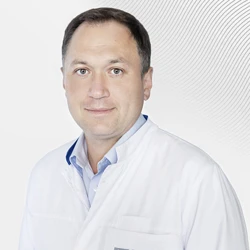
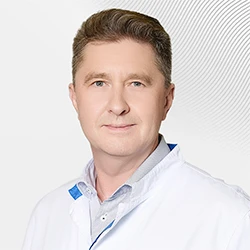
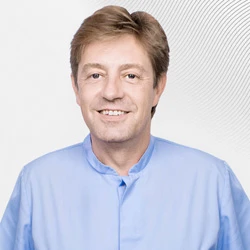
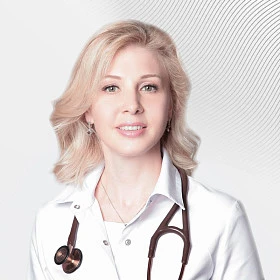
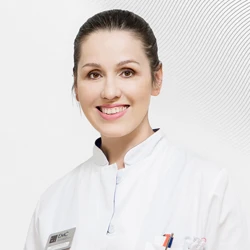
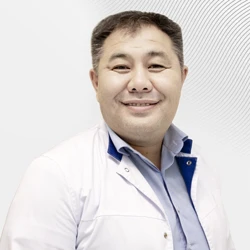
.webp)

.webp)
